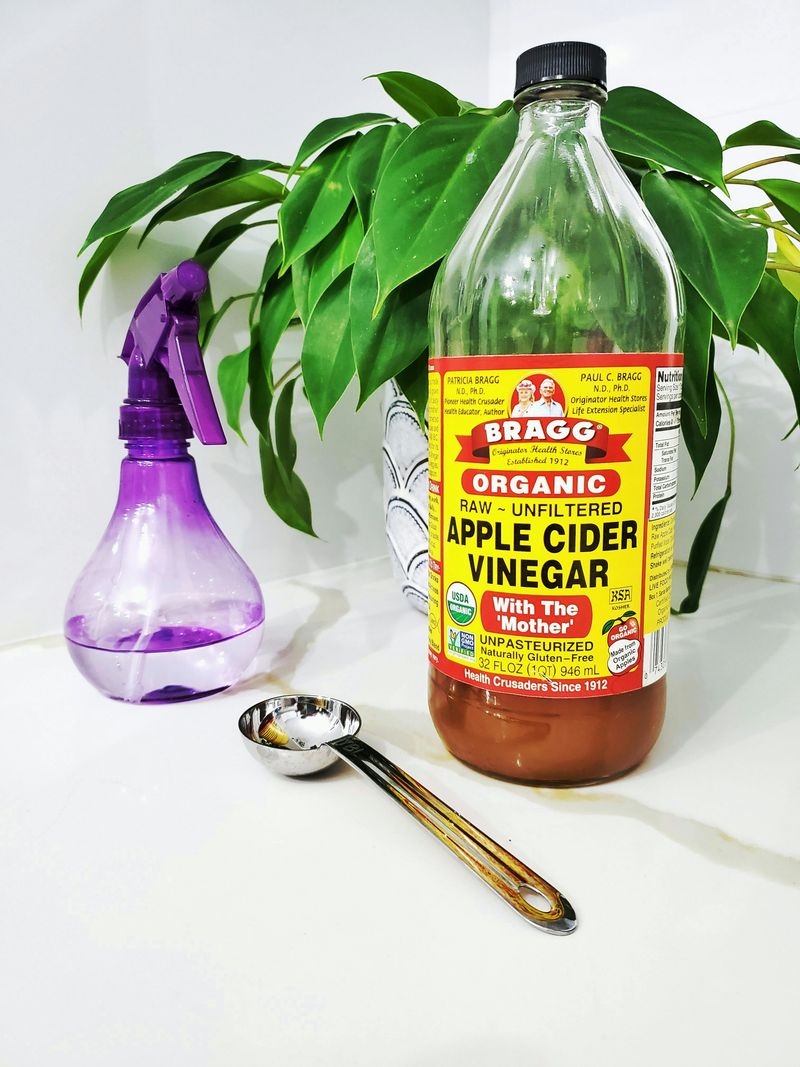Dogs have an incredible sense of smell, much keener than humans. This heightened olfactory ability means they can be sensitive to certain smells, many of which they find unpleasant.
Understanding these aversions can help pet owners make their homes more comfortable for their furry friends. Here are six smells that dogs commonly dislike and how they react to them.
Citrus Fruits

The zesty aroma of citrus fruits like lemons and oranges might be refreshing to us, but dogs usually react with a wrinkle of the nose. Dogs find the sharp scent overwhelming, often leading to an immediate retreat from the area.
Some dogs might even sneeze or shake their heads in an attempt to clear their noses.
Using citrus peels as a natural deterrent in gardens or homes can be effective. However, be mindful of not overdoing it, as excessive exposure can stress your pet.
Dogs appreciate environments where their senses are respected.
Vinegar

Vinegar is a common household item, but its pungent smell is far from a canine’s favorite. The acetic acid gives off a strong odor that can cause dogs to recoil, avoiding areas where the scent lingers.
It’s often used as a training aid to discourage unwanted behavior.
Spraying a diluted vinegar solution on surfaces can deter dogs from chewing or marking territories. While effective, it’s important to ensure that the concentration is safe for pets and doesn’t irritate their noses.
Always test a small area first.
Ammonia

Ammonia, found in cleaners and certain fertilizers, has a harsh smell that dogs find particularly offensive. The sharp scent can mimic that of urine, confusing dogs and potentially leading to stress or anxiety.
This misunderstanding often results in dogs avoiding areas treated with ammonia.
When cleaning, consider using pet-friendly options that won’t upset your dog. It’s crucial to maintain a balanced environment where your dog feels secure and calm, free from overpowering odors.
Perfumes and Colognes

Perfumes might be delightful to human noses but can be too intense for dogs. The complex mix of chemicals and strong aromas can trigger sneezing or a desire for distance.
A dog might paw at its nose or hide under furniture to escape the scent.
Opt for lightly scented or unscented products if your dog frequently shares your space. Understanding your dog’s preferences can enhance their comfort and well-being, making them feel more at home.
Alcohol

The sharp scent of alcohol, whether from drinks or sanitizers, is another odor dogs despise. Its volatile compounds hit their sensitive noses hard, causing them to back away quickly.
Dogs might paw at their noses or blink excessively when exposed to alcohol fumes.
It’s wise to ensure any alcoholic substances are kept out of reach to prevent accidental ingestion. Maintaining a safe environment includes being mindful of smells that could distress your pet.
Nail Polish Remover

Nail polish remover, with its acetone base, emits a potent smell that dogs find unbearable. This chemical scent can lead to discomfort, causing dogs to squint or turn their heads away.
The fumes are not just unpleasant but can also be harmful in high concentrations.
When using such products, ensure proper ventilation and keep them away from your pet’s reach. Prioritizing your dog’s sensory comfort is part of responsible pet ownership, helping them feel secure and content.

